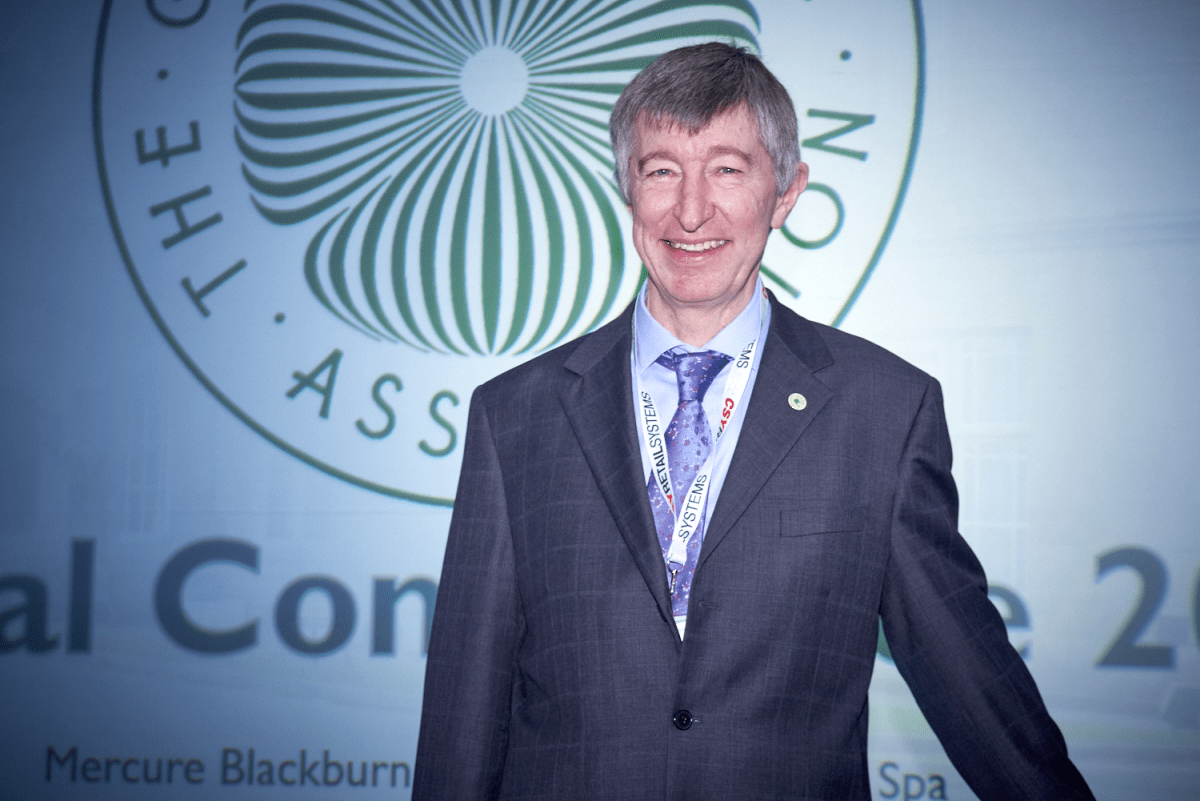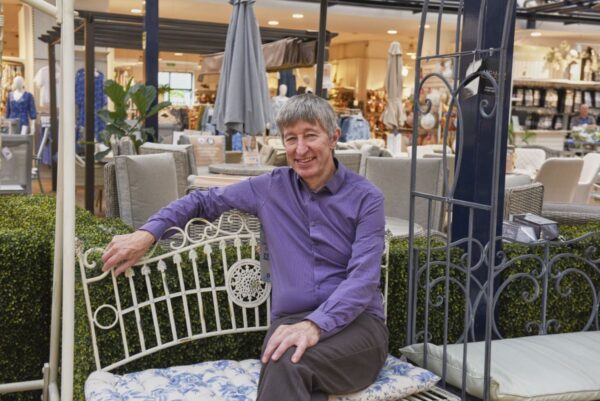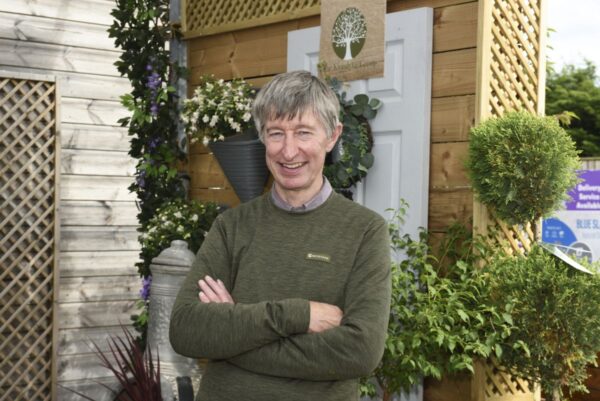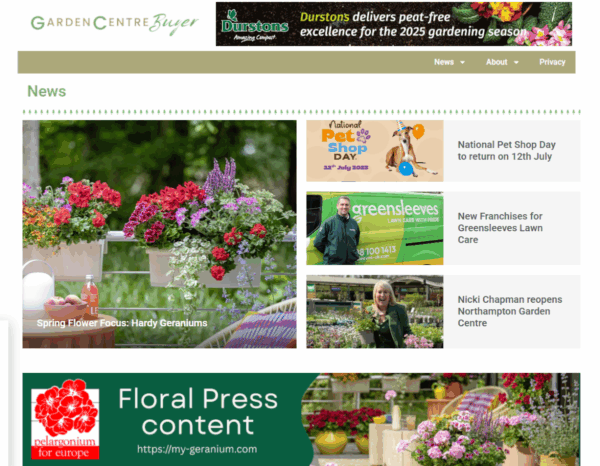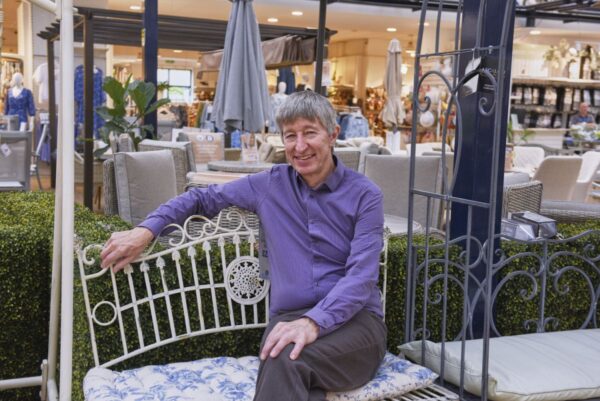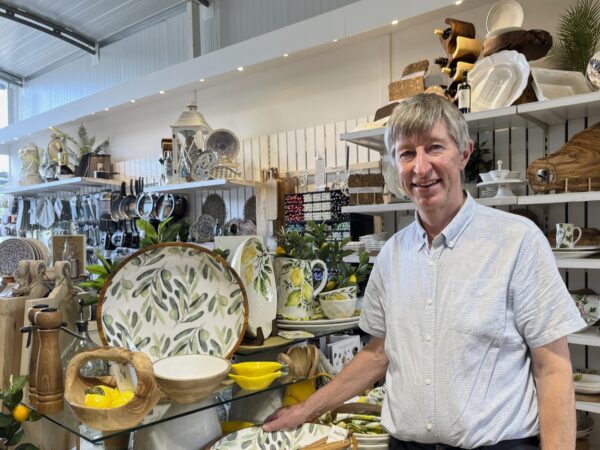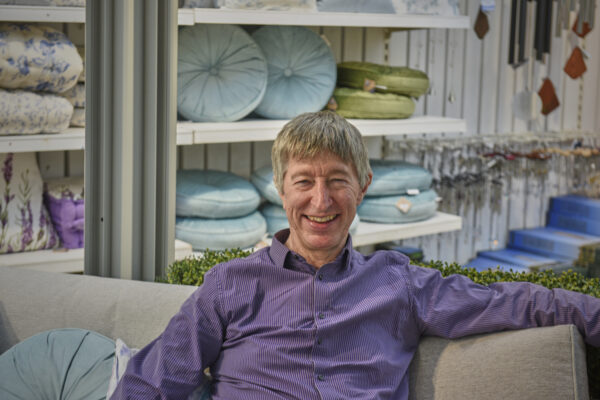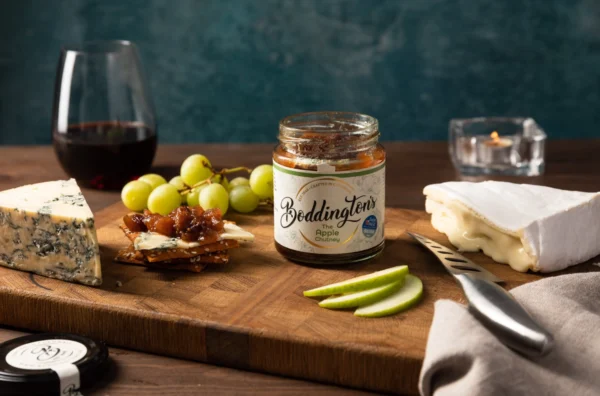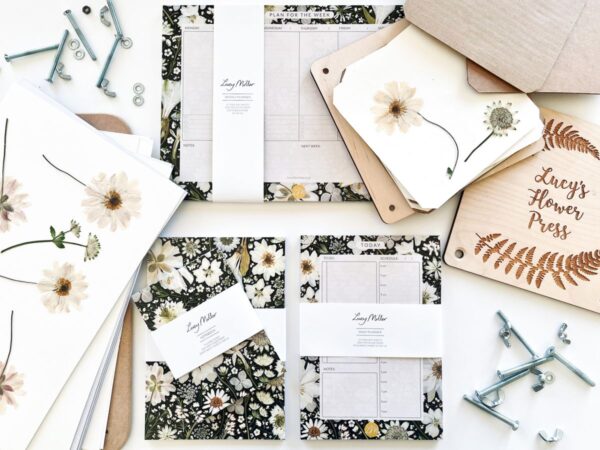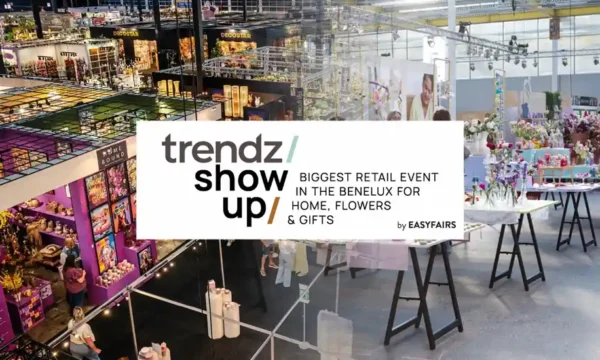GCA Chairman, Peter Burks, writes: “I have just returned from our Garden Centre Association conference buzzing with all the amazing things going on in our industry and the plans that people have for improvements going forward.
The conference theme was ‘Growing Greener Garden Centres’ and the speakers were asked to consider this, in its many aspects, during their presentations. For all of us individually, we have very differing views on what this means to us and how far we wish to take this in one of its many forms. There are clearly significant cost implications with some parts of this, but also some very quick and cheap wins. There is no doubt our customers will be expecting more and more in the environmentally aware areas in the near future.
Our Inspectors were very good at picking up existing best practice going on around the member’s centres with many going a long way into reducing the carbon footprint of products, as well as finding more environmentally friendly alternatives to stock instead of the industry norms. These presentations from our Inspectors are available to view on our website at www.gca.org.uk.
There are parts of the industry where legislation has already been enacted, forcing change, such as with the ultimate phasing out of the use of peat. Many nurseries and growers have already gone to 100% peat free as a result of this and the whole industry has made big strides in reducing its reliance on peat. However, for growers, retailers and consumers, this brings its own new challenges.
Peat has been a great growing medium for most plants, particularly around water and nutrient retention, uniformity and the abundance of supply. Professional growers are more able to understand and adapt to the changes that peat free growing throws at them and are able to play with compost combinations and understand what effects changes will cause.
For garden centres, the care of these plants, whilst in stock in a retail outlet, has changed with both water and nutrient retention decreasing and great variability in the growing medium amongst plant batches and the plants from different nurseries. Luckily, plants are not on site for too long before being sold, but the future of our business depends on the success our customers have with these plants in their own gardens.
Here we have been very lucky with peat as it has enabled relatively unskilled consumers to be successful no matter their level of skill in plant husbandry. However, will they now be able to cope with the changes that the peat free composts bring as already mentioned? Here education is the key and our e-learning platform GROW has five great modules on understanding and helping our customers to be successful with peat free composts. This gives garden centre staff the chance to confidently sell these products and help to answer all queries from our customers.
During the conference, we also heard how garden centres are changing their buying regimes in various other parts of the business, including giftware and Christmas, to put various environmental concerns more to the forefront.
Considerations before a buying decision was made included: does it contain any materials that can’t be recycled? For example, glitter. How much of it can be recycled afterwards? How much of it is made from recycled material? How much packaging does it come in, and can this be recycled? How far is it coming, from manufacture to the garden centre, and is there a more local producer?
We know that in terms of carbon footprint, the transportation of goods is easily the biggest factor with most other contributors making little difference to this transport item.
We see garden centres growing their own plants having a clear advantage in getting the plant miles reduced, but I feel sourcing as locally as you can and buying British-grown plants will become an increasing factor in people’s purchasing decisions. Elsewhere, there are a lot of new initiatives coming on stream such as greetings cards no longer being packed in cellophane sleeves, garden centre trolleys and baskets being made from 100% recycled plastic and the trolleys last a lot longer too.
So, all in all a lot of very good changes in the move to be more environmentally aware in all parts of the business are being made, but whilst we may think we are already the greenest business with our plant sales, we do need to do more with the other categories, and are now starting to move that way too.”


